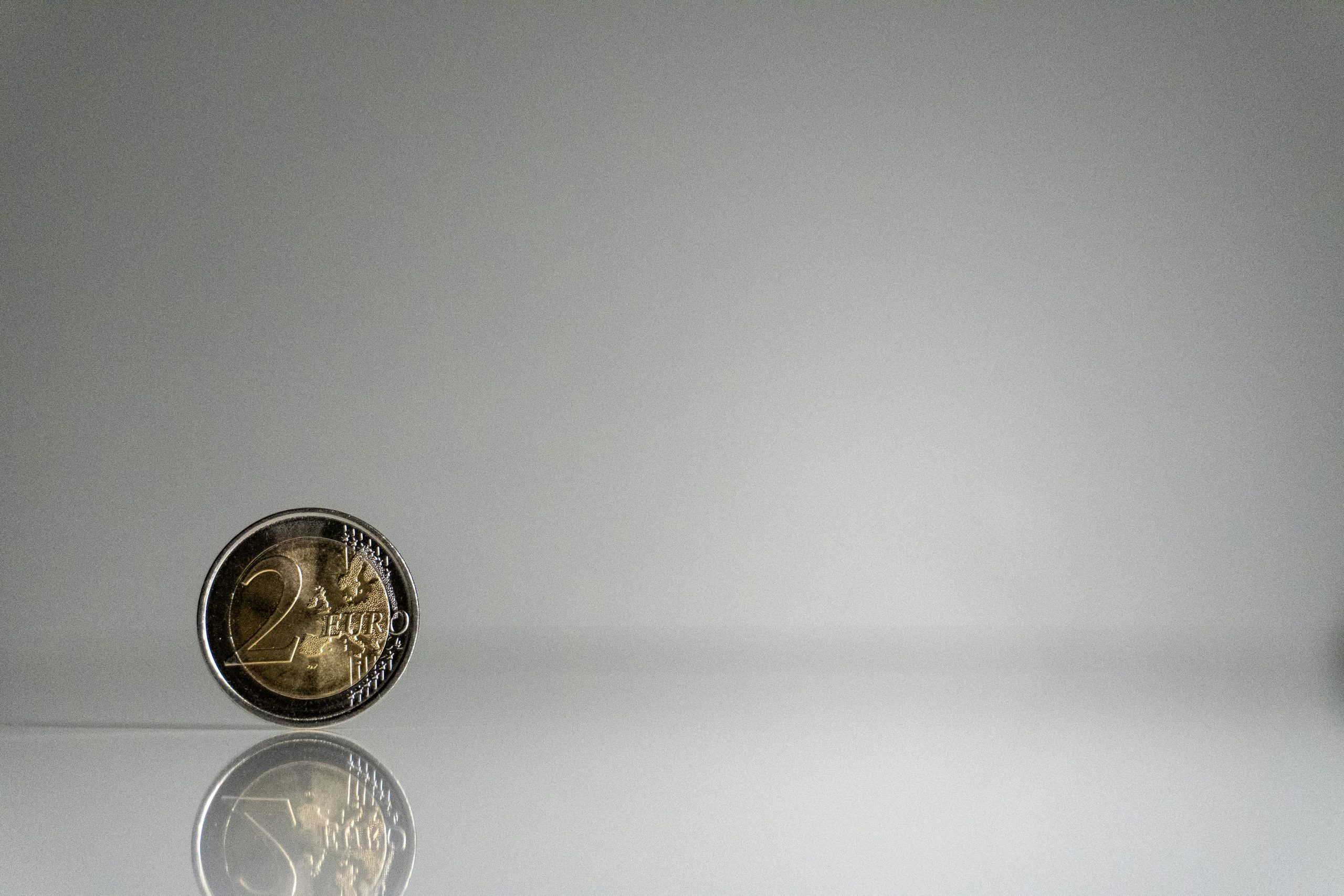Living paycheck to paycheck is a stressful cycle that millions of people find themselves trapped in. No matter how much you earn, if your expenses consume every dollar you make, financial freedom feels out of reach. The good news is that breaking free from this cycle is possible with the right strategies. By making intentional changes to your spending, saving, and earning habits, you can build a financial cushion and finally stop living paycheck to paycheck. Here’s how.
Track Your Spending and Create a Budget
The first step to escaping the paycheck-to-paycheck cycle is understanding where your money goes. Many people underestimate how much they spend on non-essentials, which leaves them with little to save or invest. Here’s how to take control:
1. Track Every Expense
For at least a month, record every purchase, no matter how small. Use a budgeting app, spreadsheet, or notebook to categorize your spending (e.g., housing, groceries, entertainment). This will reveal patterns and areas where you can cut back.
2. Build a Realistic Budget
Once you know your spending habits, create a budget that prioritizes necessities while leaving room for savings. A popular method is the 50/30/20 rule:
- 50% for needs (rent, utilities, groceries)
- 30% for wants (dining out, hobbies)
- 20% for savings and debt repayment
3. Stick to Your Plan
A budget only works if you follow it. Review your spending weekly and adjust as needed. Small changes, like cooking at home more often or canceling unused subscriptions, can free up significant cash.
Build an Emergency Fund
Without savings, unexpected expenses—like car repairs or medical bills—can force you deeper into debt. An emergency fund acts as a financial safety net.
Start Small
If saving feels impossible, begin with a modest goal, like $500. Even $20 per paycheck adds up over time. Automate transfers to a separate savings account to make it effortless.
Aim for 3-6 Months of Expenses
Once you’ve saved a small buffer, work toward covering 3-6 months of essential expenses. This protects you from major setbacks, like job loss, without relying on credit cards.
Keep It Accessible
Store your emergency fund in a high-yield savings account. It should be easy to access but separate from your daily spending to avoid temptation.
Reduce and Eliminate Debt
High-interest debt, like credit cards, can drain your income. Tackling debt frees up money for savings and long-term goals.
Prioritize High-Interest Debt
Focus on paying off debts with the highest interest rates first (the avalanche method). Alternatively, the snowball method (paying off the smallest debts first) can provide quick wins to stay motivated.
Negotiate Lower Rates
Call creditors to ask for lower interest rates or explore balance transfer cards with 0% introductory APR. Even a small reduction in rates can save hundreds over time.
Avoid New Debt
While paying down debt, avoid taking on new loans or credit card balances. Use cash or debit for purchases whenever possible.
Increase Your Income
Sometimes, cutting expenses isn’t enough. Boosting your income can accelerate your journey to financial stability.
Ask for a Raise or Promotion
If you’ve been excelling at work, schedule a meeting with your manager to discuss a salary increase. Highlight your contributions and market research to support your request.
Start a Side Hustle
Freelancing, gig work, or selling unused items can generate extra cash. Popular options include:
- Rideshare driving
- Freelance writing or design
- Tutoring or coaching
Invest in Skills
Upskilling can lead to higher-paying opportunities. Take online courses, earn certifications, or network in your industry to open new doors.
Change Your Money Mindset
Breaking the paycheck-to-paycheck cycle requires a shift in how you view money. Small, consistent changes lead to lasting results.
Set Clear Financial Goals
Define what financial freedom means to you—whether it’s buying a home, retiring early, or traveling. Write down your goals and track progress to stay motivated.
Practice Delayed Gratification
Before making non-essential purchases, ask yourself if it aligns with your goals. Waiting 24-48 hours before buying can help curb impulse spending.
Celebrate Small Wins
Paying off a credit card or hitting a savings milestone deserves recognition. Reward yourself (within reason) to maintain momentum.
Conclusion
Living paycheck to paycheck doesn’t have to be your reality. By tracking spending, building an emergency fund, eliminating debt, increasing income, and adopting a proactive money mindset, you can break the cycle and achieve financial freedom. Start with one strategy today—even a small step puts you closer to a more secure future. Remember, progress takes time, but consistency pays off.
